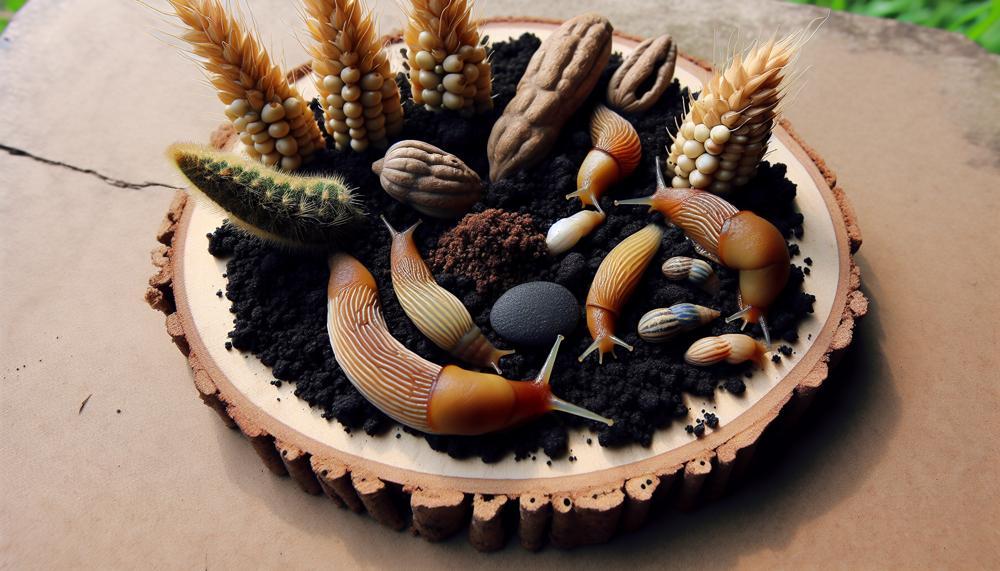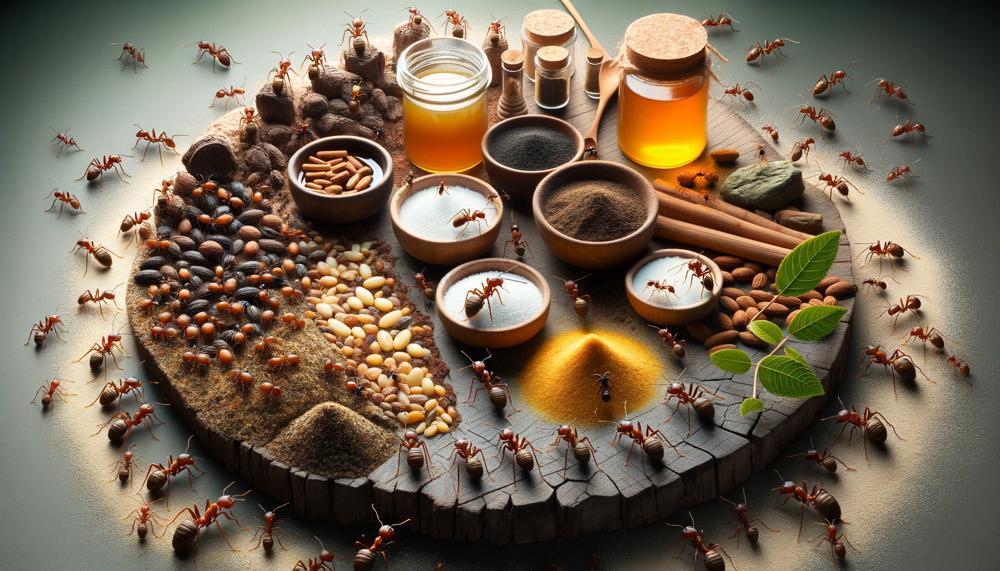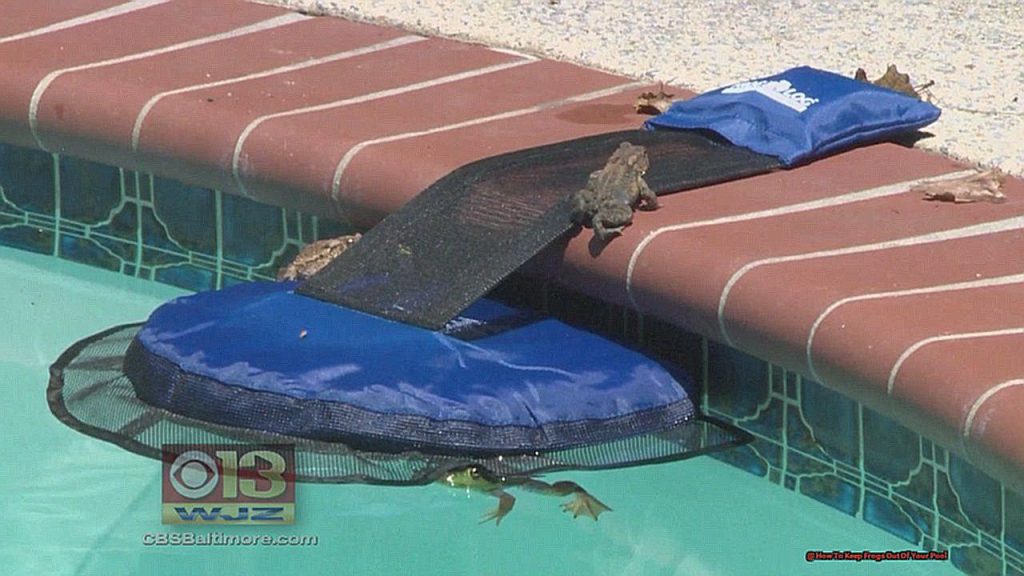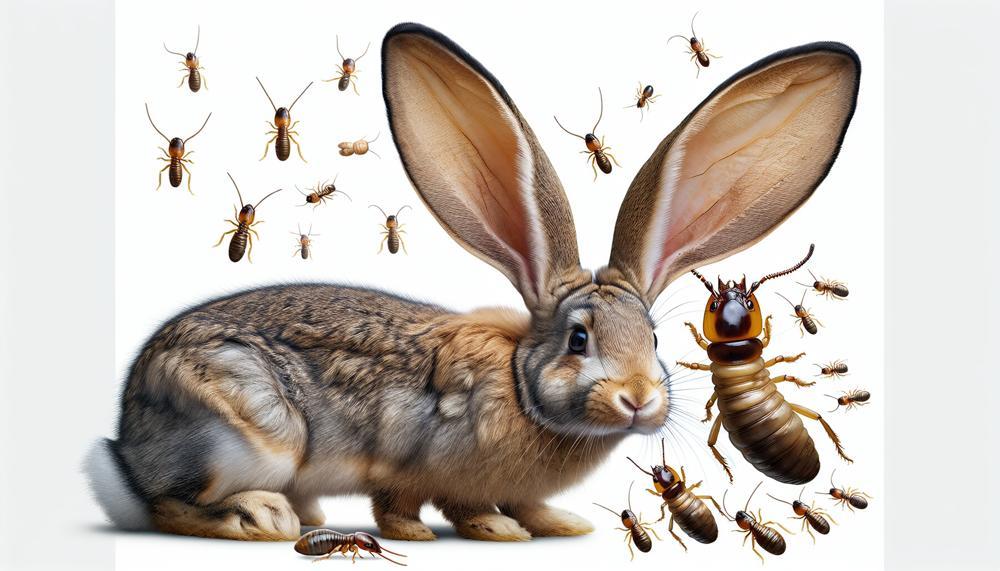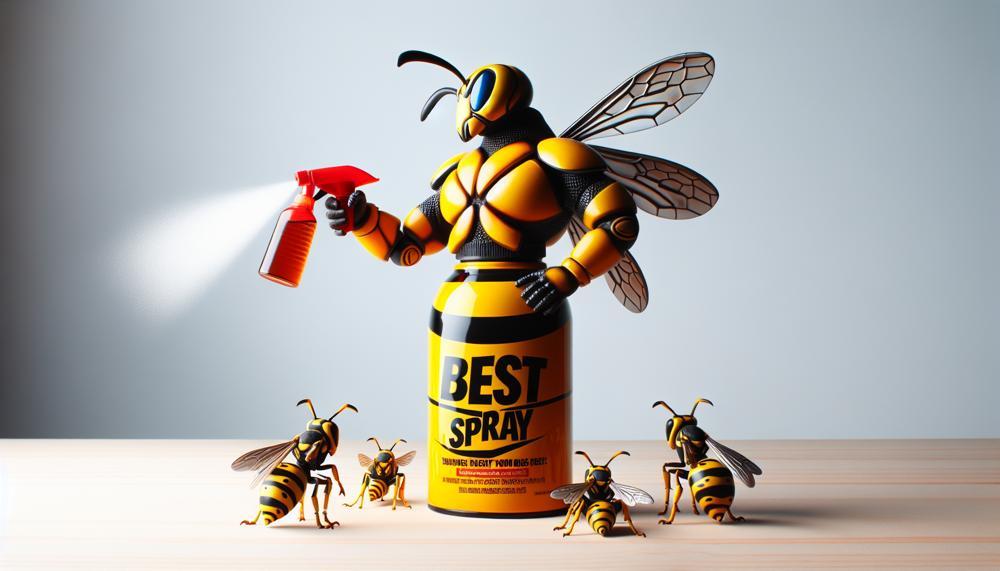In the bustling world of gardening, slugs may not be the most sought-after creatures. Often overlooked and deemed as pesky pests, these slimy mollusks are often met with disdain and a sprinkle of salt. However, before you dismiss them entirely, it’s important to understand the crucial role they play in maintaining soil health.
Despite their unassuming appearance, slugs are decomposers that break down organic matter and release vital nutrients into the soil. Their slimy trail may seem like a nuisance, but it actually helps to retain moisture in the soil – a key element for healthy plant growth. And while some may see them as just another garden nuisance, certain species of slugs actually act as natural pest control agents by feeding on harmful insects like snails and other slugs.
But that’s not all – slugs also provide another benefit to your garden: soil aeration. As they move through the earth, their slimy bodies help to loosen compacted soil, allowing for better drainage and promoting healthier root growth. In fact, their presence is often seen as an indicator of a balanced ecosystem and healthy soil.
So, next time you come across a slug in your garden, resist the urge to reach for the salt shaker. Instead, consider welcoming these seemingly insignificant creatures as valuable members of your garden ecosystem.
After all, they play an essential role in keeping your soil healthy and your plants thriving. Embrace them with open arms (or tentacles) and watch your garden flourish.
Table of Contents
Key Takeaways
| Advantage | How it adds to bettering soil health |
| Decomposers | Slugs assist in breaking down dead organic material and converting it into nutrients for the soil. |
| Predator food source | Slugs serve as a meal for birds, snakes, toads, and other predators, which maintains balance in the soil ecosystem. |
| Biodiversity | By acting as a food source for other organisms, slugs contribute to the diversity of soil creatures, which is crucial for a healthy soil ecosystem. |
| Natural fertilizer | The mucus produced by slugs is high in nitrogen, acting as a natural fertilizer for plants. |
| Aerators | Their slimy trails create tunnels in the soil, allowing for better air circulation and drainage, improving soil structure. |
In addition to these advantages, there are also methods to manage slug populations without completely eradicating them from your garden.
Planting certain herbs like rosemary can discourage slugs from eating vulnerable crops. Slug traps, bait, barriers, and deterrents can also be utilized to control their numbers.
Additionally, controlling the environment by removing hiding spots can help decrease slug populations.
Slugs Habitat and Diet
Slugs have adapted to thrive in a wide range of environments and their diets also vary depending on their species.
The following chart showcases some of the most common slug species found in North America, along with their preferred habitats and diets.
| Species of Slug | Preferred Living Spaces | Dietary Preferences |
| Gray field slug | Forests, gardens, fields, grasslands | Decaying plants, fungi, young vegetation |
| Pacific banana slug | Coastal areas, damp forests | Fungi, decomposing plants, animal carcasses |
| Black field slug | Gardens, meadows, woodlands | Decaying plant matter, small plants, carrion |
| Leopard slug | Gardens, woods, fields | Fungi, decaying plants, other slugs |
| Black arion | Gardens, woodlands, meadows | Fungi, decaying vegetation, animal droppings |
| Greenhouse slug | Greenhouses, gardens, cellars | Fungi, decomposing plant matter, young seedlings |
| Tawny garden slug | Gardens, fields, woodlands | Decaying plants, fungi, animal droppings |
| Hedgehog slug | Forests, grasslands, meadows | Fungi, decaying vegetation, other slugs |
| Brownbanded arion | Gardens, woodlands, fields | Fungi, decomposing plants, carrion |
| Red slug | Forests, fields, gardens | Fungi, decaying plant matter, other slugs |
Natural Predators of Slugs
Natural predators of slugs play a vital role in regulating the slug population in the earth. These predators feed on slugs, decreasing their numbers and preventing them from causing harm to plants. Some well-known natural predators of slugs include birds, amphibians, and specific insects.
Birds, such as thrushes, blackbirds, and chickens, are known for consuming significant amounts of slugs. This is beneficial for gardens and crops as it helps maintain the slug population. To attract birds to your garden, you can provide bird feeders or bird baths.
Amphibians, such as toads and frogs, also prey on slugs. These creatures are typically found in moist areas where slugs thrive, making them natural enemies of slugs. To attract amphibians to your garden, you can create a small pond or water feature.
Certain insects, such as ground beetles, rove beetles, and fireflies, also hunt slugs. These insects are essential to have in your garden as they not only consume slugs but also other pests like aphids. To attract these insects, you can create a diverse ecosystem in your garden by planting various plants and avoiding the use of pesticides.
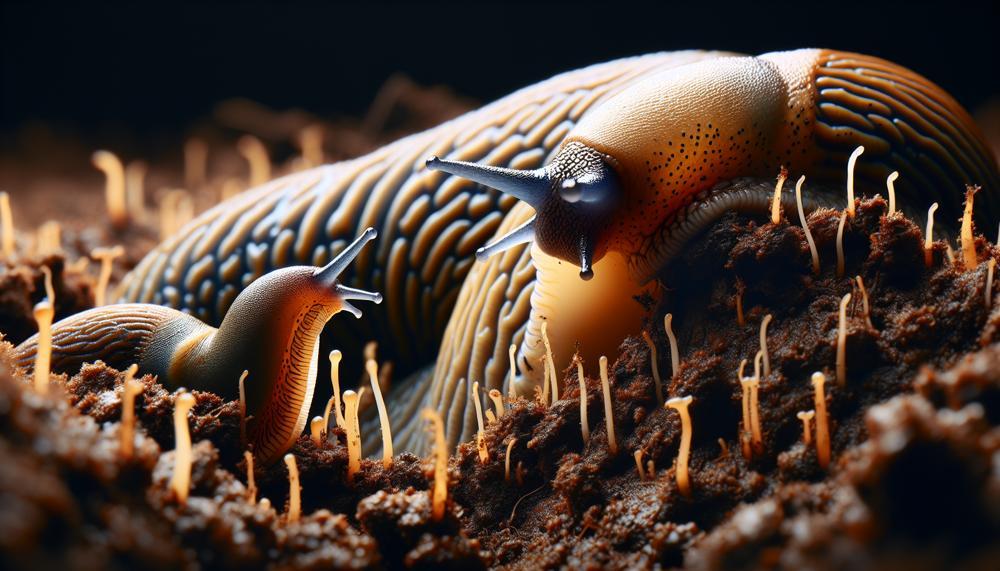
Slug Prevention Strategies
When it comes to keeping slugs out of your garden or yard, there are several effective strategies you can use. While chemical pesticides may seem like an easy fix, they can harm both the environment and other beneficial insects. Instead, try these natural methods to keep slugs at bay and maintain a thriving ecosystem.
- First, consider using physical barriers such as copper tape or diatomaceous earth around your plants. These act as a deterrent for slugs, preventing them from reaching their food sources. Additionally, maintaining cleanliness in your garden by removing debris and excess moisture can make it less attractive for slugs to inhabit.
- Companion planting is another great strategy to utilize. By planting certain types of plants together, you can create a natural barrier against slugs. For example, planting garlic or herbs like thyme and rosemary near susceptible plants can repel slugs with their strong scents.
- Attracting natural predators is also key in controlling the slug population. Birds, hedgehogs, and frogs are all known to feed on slugs and can be encouraged to visit your garden through the use of bird feeders and water sources.
- Lastly, creating a diverse ecosystem can also help prevent slug infestations. By having a variety of plant species, you can limit the damage that slugs can cause to any one type of plant. In addition, avoiding the use of chemical pesticides can promote a healthy and balanced ecosystem that naturally controls slug populations.
Trapping and Killing Slugs
There are various effective techniques for trapping and killing slugs in order to safeguard your garden and soil. These methods involve utilizing natural deterrents, attracting wildlife, and implementing specific products or techniques.
By following these methods, you can successfully manage slugs in your garden without causing harm to other creatures or damaging the ecosystem.
Natural Deterrents
- Copper barriers: Slugs are not fond of crawling over copper, therefore placing a thin strip of copper around your plants or garden beds can help keep them at bay.
- Diatomaceous earth: This natural substance is derived from crushed fossils and works by dehydrating slugs as they come into contact with it.
- Garlic, coffee grounds, citrus peels, and mint: These pungent items can act as natural repellents for slugs.
- Tidiness: Keeping your garden tidy by removing decaying plants and compost can limit the areas where slugs can hide and thrive.
Attracting Wildlife
- Birds: Entice birds to your garden by providing food and water sources. Birds naturally feed on slugs and can assist in controlling their population.
- Frogs: Frogs are also natural predators of slugs and can be attracted by providing a pond or water source in your garden.
- Hedgehogs: Hedgehogs are known to consume slugs and can be attracted by providing safe hiding spots and food sources in your garden.
Specific Products or Techniques
- Beer traps: Place a shallow dish filled with beer in your garden. Slugs will be drawn to the scent and will crawl into the dish, becoming trapped and eventually drowning.
- Nematodes: These tiny worms are natural predators of slugs and can be applied to specific areas of the garden to control their population.
- Avoid chemically-based slug pellets: These can harm both the slugs and other wildlife in your garden. Opt for natural methods instead.
Remember to regularly inspect your garden and take prompt action if necessary to protect your plants from slug damage.
Environmental Impact of Slugs
Slugs are important decomposers. They play a vital role in the natural balance of nutrient cycling, soil structure, and fertility. They also serve as natural pest controllers. They contribute to soil health by breaking down organic matter and aerating the soil.
Their droppings provide essential nutrients for the soil. They also help control harmful pest populations.
Instead of using harmful chemicals to eliminate slugs, it’s beneficial to coexist with them in our gardens. This not only maintains a healthy environment but also helps our gardens thrive. We can avoid damaging the delicate balance of our ecosystem by using chemical-free methods to manage slugs.
One way to control slug populations is by creating habitats that attract their natural predators, such as hedgehogs, frogs, and birds. This not only helps keep slug numbers in check but also encourages biodiversity in our gardens.
Another effective method is to use physical barriers, such as copper tape or sharp gravel, to deter slugs from reaching plants. This method is not only environmentally friendly but also prevents harm to other beneficial insects and animals.
It’s important to remember that slugs are an integral part of our ecosystem and play a crucial role in maintaining soil health and controlling pests.
Conclusion
In conclusion, slugs may not be the most popular garden inhabitants. However, they play a crucial role in maintaining soil health. Their slimy trails may seem like a nuisance. However, they actually help retain moisture and release vital nutrients into the soil.
Slugs are natural decomposers. They contribute to the nutrient cycle and promote healthy plant growth. Additionally, their presence can act as a natural form of pest control. It can also improve soil aeration.
It’s important to understand the value of these creatures and find ways to coexist with them in our gardens. Instead of reaching for harmful pesticides, we can implement natural methods to manage their population.
By embracing their presence and working with nature, we can create a thriving ecosystem in our gardens.

